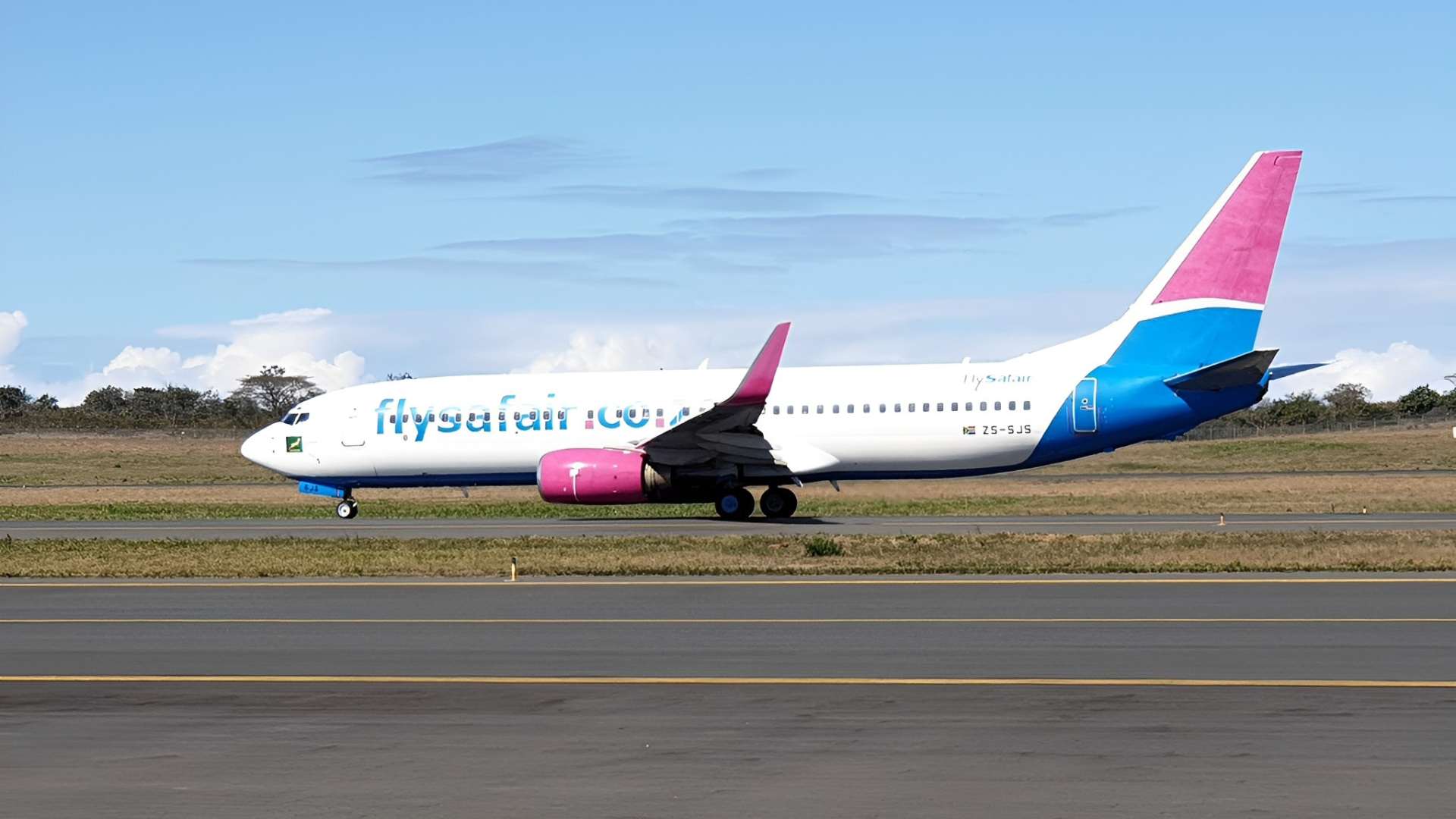
FlySafair in hot water with SA International Air Services Council
FlySafair could be facing serious consequences now that the SA International Air Services Council has found the airline non-compliant.

FlySafair deemed ‘non-compliant’
It seems that South African airline, FlySafair has landed itself in a bit of hot water with the South African International Air Services Council (IASC) in regards to its foreign ownership structure.
As reported by Travel News, after the IASC received formal complaints from both Airlink and Global Aviation, which operates LIFT Airline, in February 2022, FlySafair’s shareholding structure was looked into and now found to be non-compliant.
According to the IASC, FlySafair’s shareholding structure contravenes South African law, which places a limit on foreign ownership of domestic airlines at 25%.
FlySafair is therefore in violation of this law, as it is primarily controlled by Ireland-based ASL Aviation Holdings, which directly holds a 25% stake and indirectly owns 49,86% (via the Safair Investment Trust). This then brings ASL’s total ownership to 74,86%, largely exceeding the legal foreign ownership limit.
What could happen to the airline?
After the IASC’ recent ruling, the council plans to announce sanctions against the airline soon.
This could reportedly range from FlySafair’s licence being suspended or revoked, to financial penalties if the airline does not bring its shareholding into compliance within a time limit.
Elmar Conradie, CEO of FlySafair revealed in an internal communication sent to FlySafair staff, that he was disappointed but relieved by the ruling.
“This is obviously not the outcome we had hoped for, but it is relieving to have some forward traction on this matter after a long wait. We obviously believe that we are, and have always been, compliant with the limitations of foreign involvement, and have taken senior legal advice on the topic at every turn.” Conradie said in his letter.
He added that they were genuinely committed to remaining compliant and would ensure that the issue was resolved with the minimum possible impact to the business.